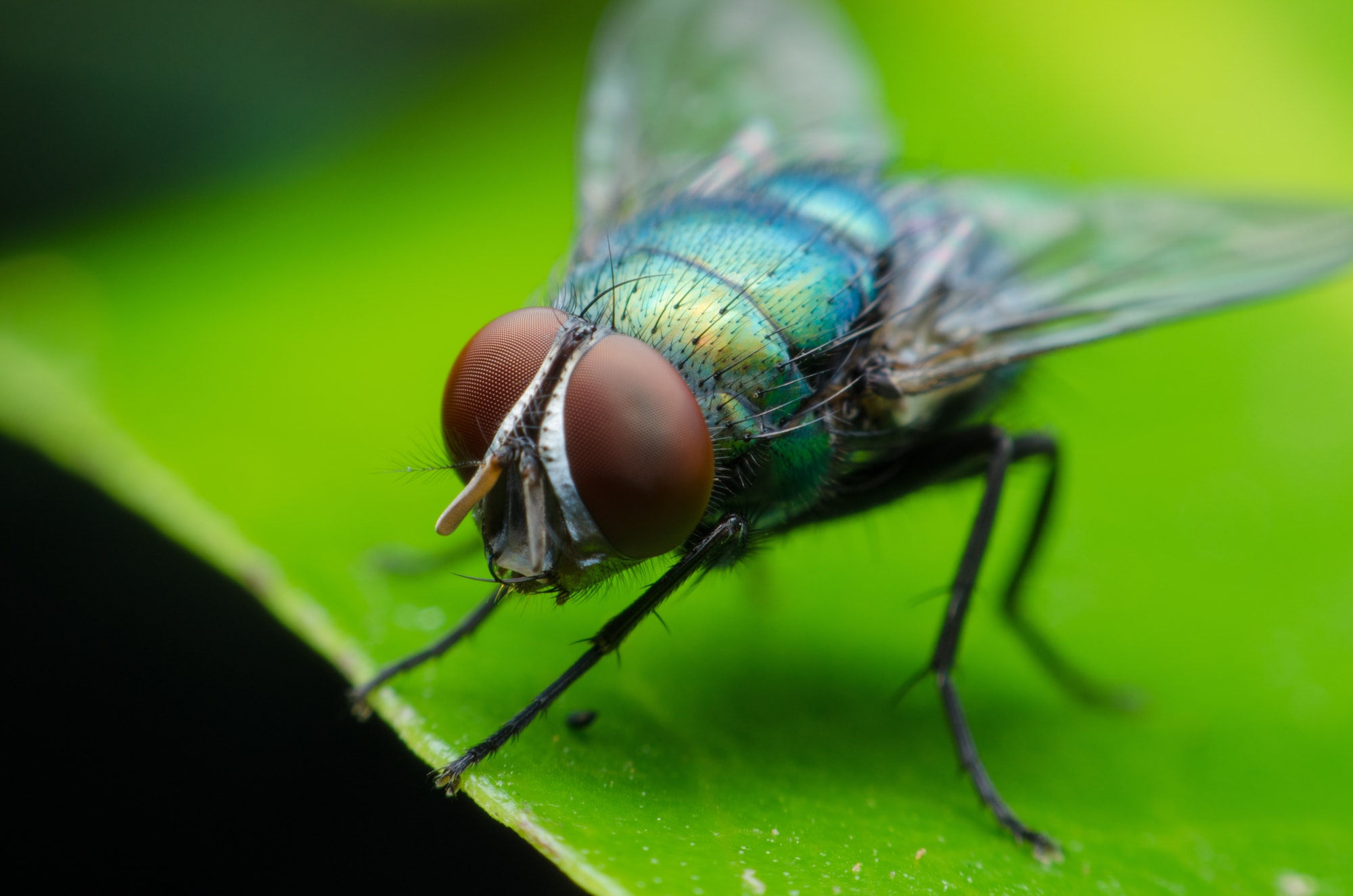Did you spend your childhood searching rivers, grasses and forests for bugs to collect? Or do you know someone who has shadow boxes filled with beetles and butterflies? If so, you might know a little about entomology already.

What is entomology?
Entomology is the scientific study of insects. Entomologists study the classification, life cycle, distribution, physiology, behavior, ecology and population dynamics of insects.
Majoring in entomology
If you're interested in studying insects, many universities offer degrees in entomology. Entomology degrees require a range of courses, which may include topics related to Insect Conservation Biology to Insect Behavior, or Plant-Insect interactions, for example. If you prefer more of an introduction, many entomology-related elective classes may be available for non-majors. If you're interested in continuing your education, many graduate degree programs are available for Entomology studies.
Or maybe you'd like to apply your entomology knowledge to another field. In that case, you might consider taking entomology-related courses for other majors, such as Insect Pests of Agriculture, Urban Environments or Public Health.
Pursuing a career in entomology
Commercial Work
First, there's the commercial sector, like at Terminix who actually employs a Department of Entomology and Regulatory Services.
There are many opportunities, including:
Researching Entomology
Being a researcher involves finding ways to keep pests below economically injurious levels. Researchers suggest methods of managing pests through chemical pesticides as well as biological, cultural and sanitary control practices.
Teaching Entomology
Teaching can be done at the university level or through Cooperative Extension Service, where entomologists educate farmers, homeowners and businesses on solving pest problems. One very important position in the survey field is a survey entomologist. This person reviews the nation's crops for potential insect outbreaks and alerts farmers and growers in time to make a difference before a major problem occurs.
Government Entomologists
Finally, there's government work, where regulatory agencies help prevent harmful, destructive pests from entering the United States from foreign countries. There are also medical entomologists, military entomologists, agricultural entomologists and forest entomologists who work to protect valuable resources from insects. There are even forensic entomologists who use their knowledge of insect life cycles to help the police solve crimes. Almost all of these could be private opportunities to pursue, as well.
So next time you see a kid following ants with a magnifying glass or lifting up logs to inspect the insects crawling underneath, encourage their interest. Who knows? Through a career in entomology, they could one day find the answer to eliminating harmful diseases caused by bugs like mosquitoes.
In the meantime, Terminix has a team of entomologists ready to serve you should you need them for keeping any unwanted pests away from your home and family.



